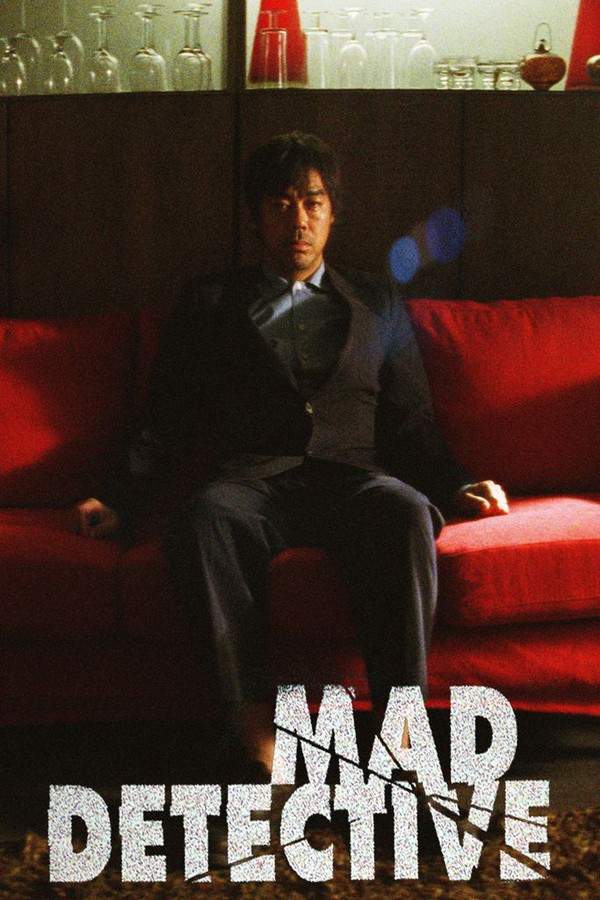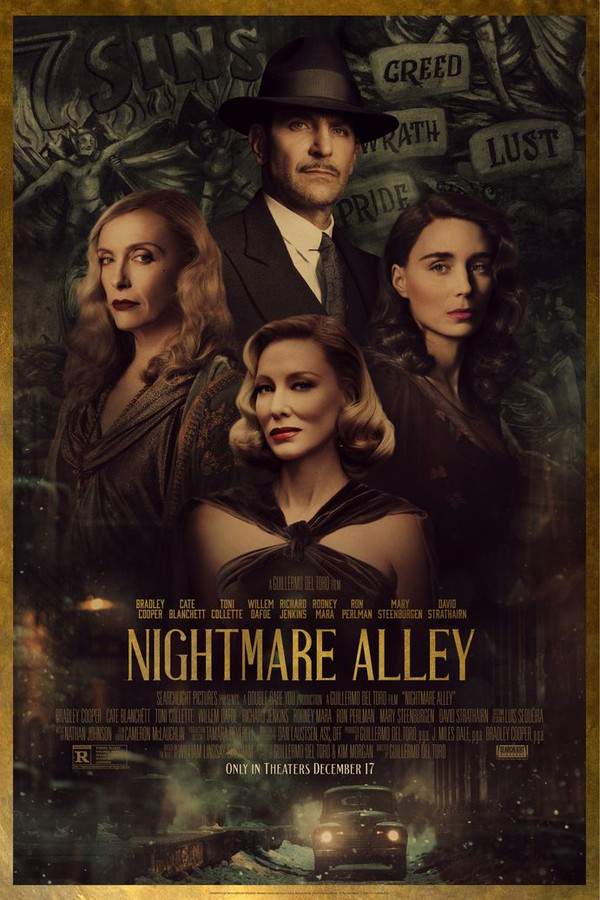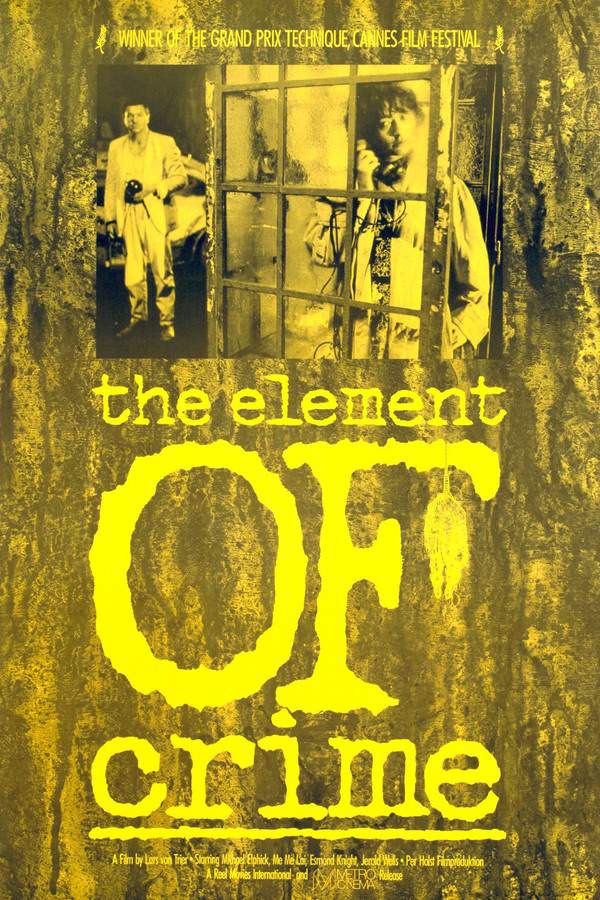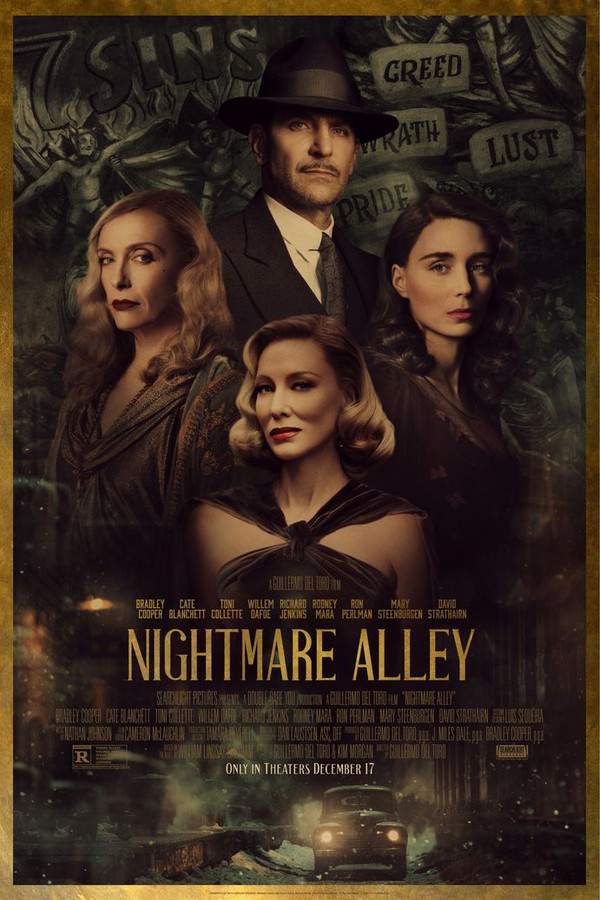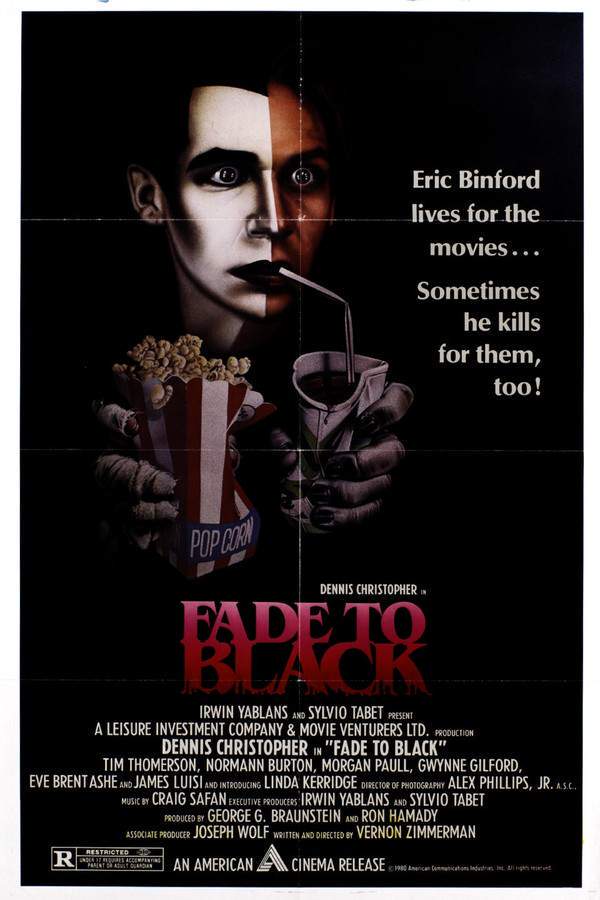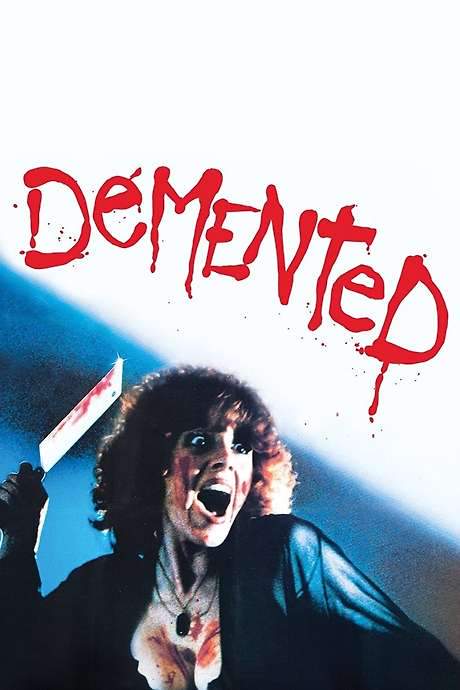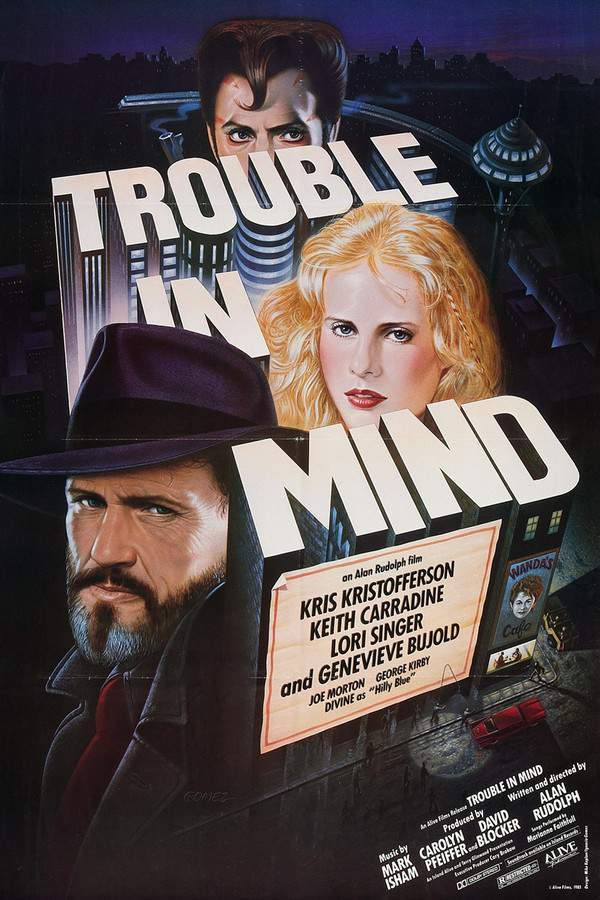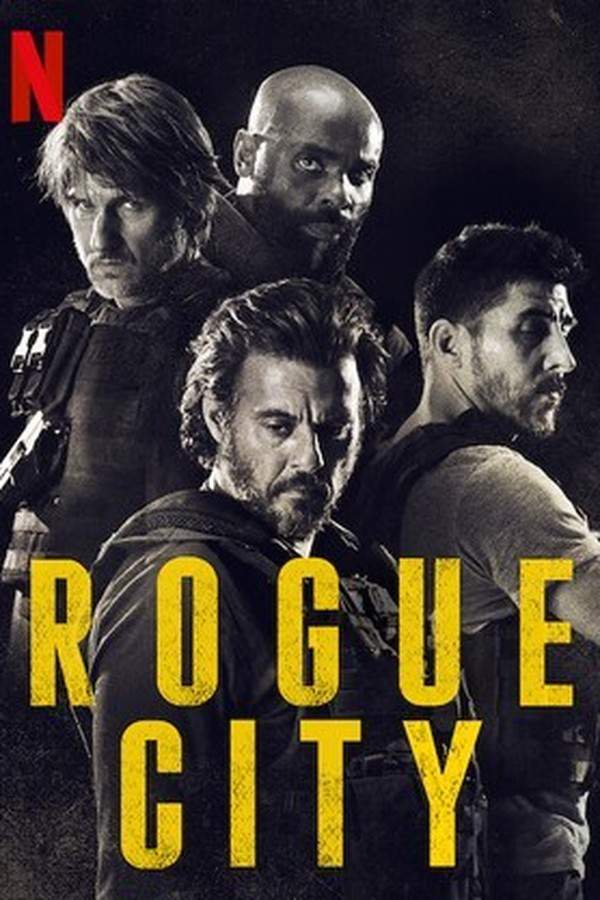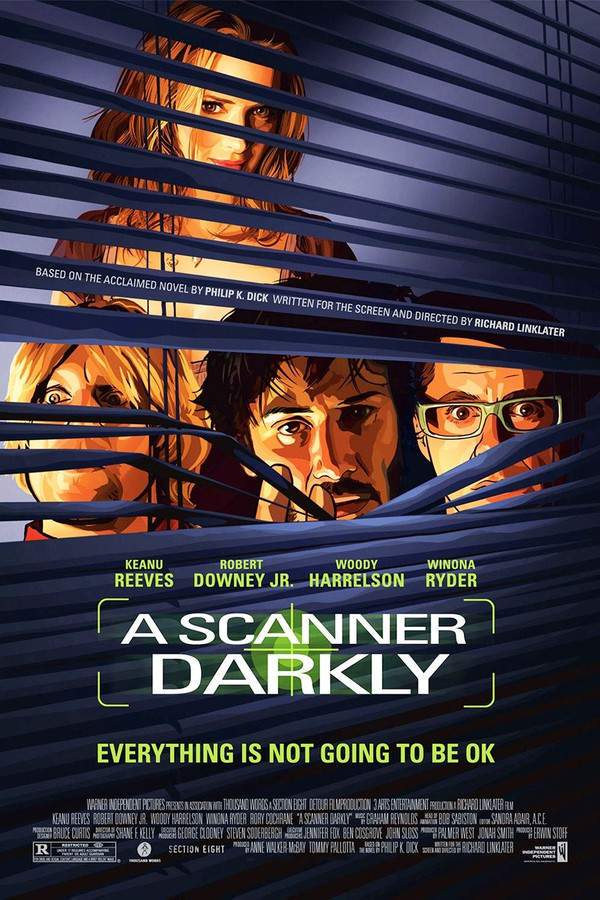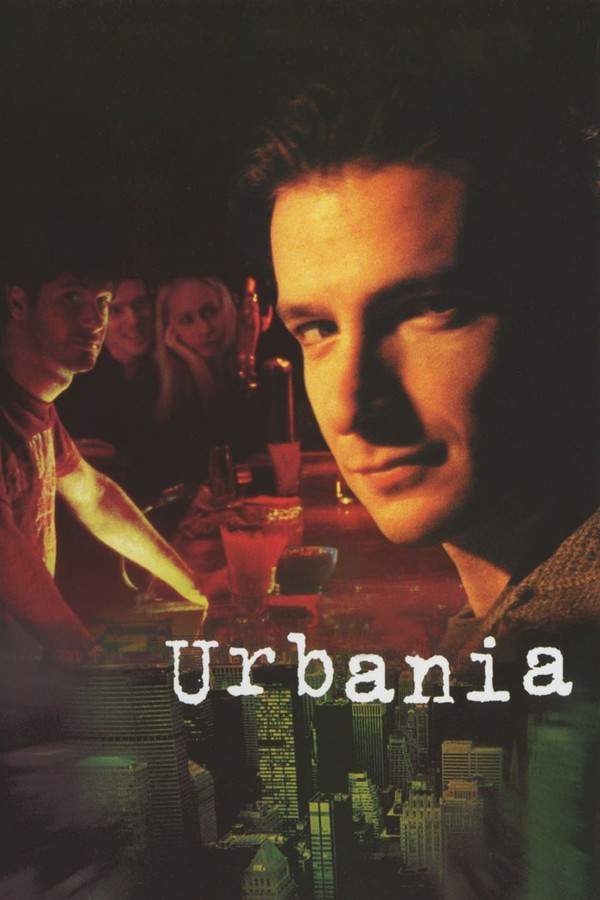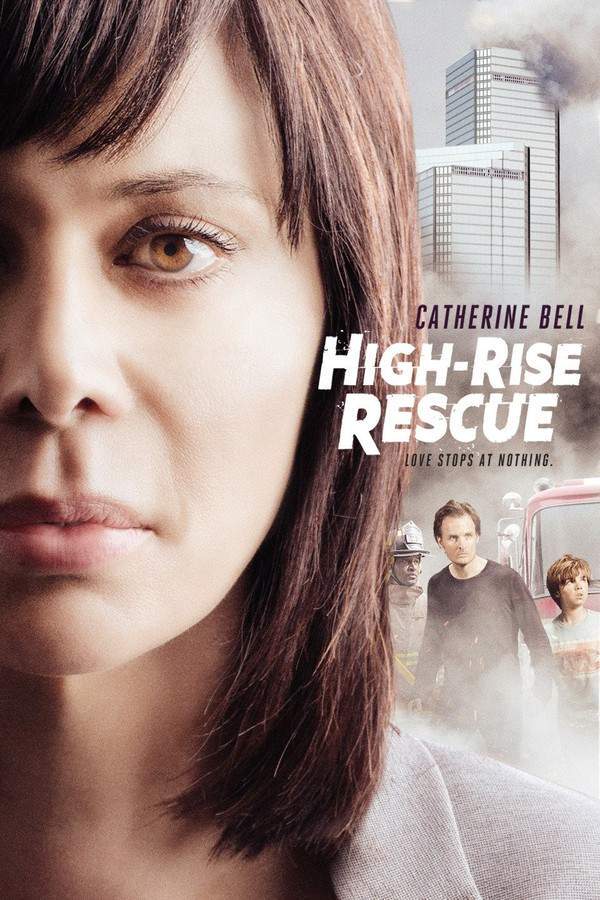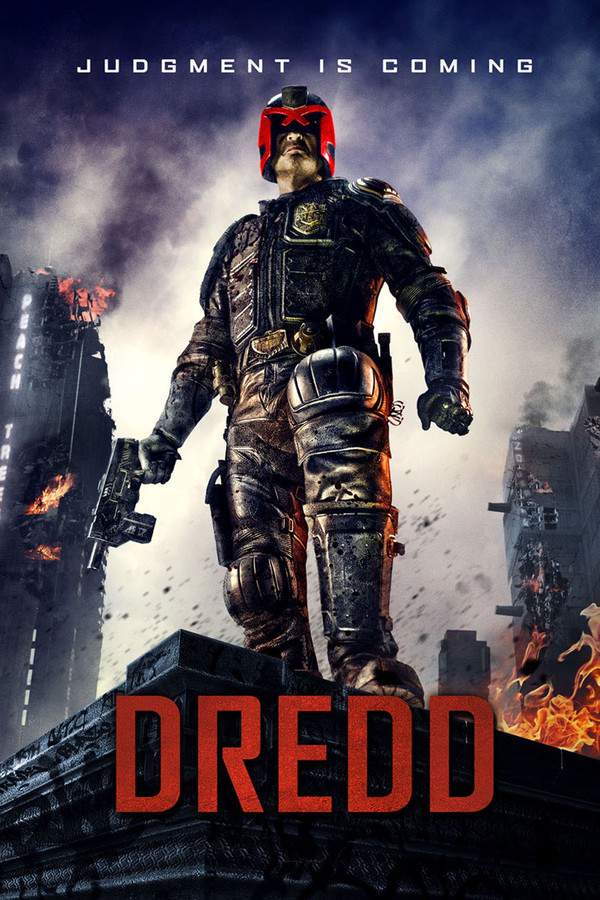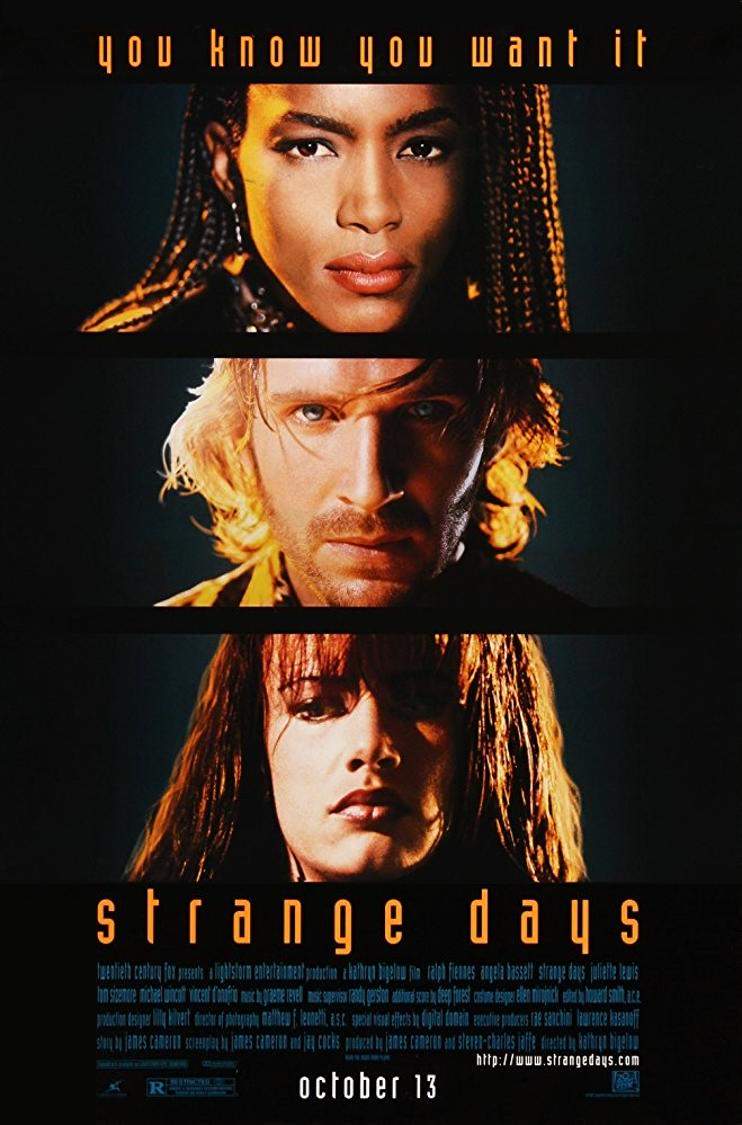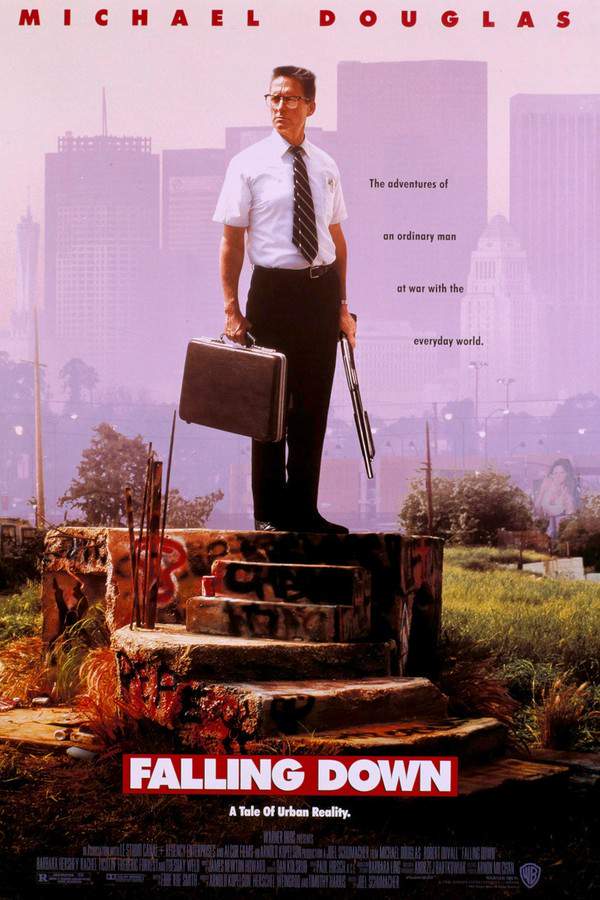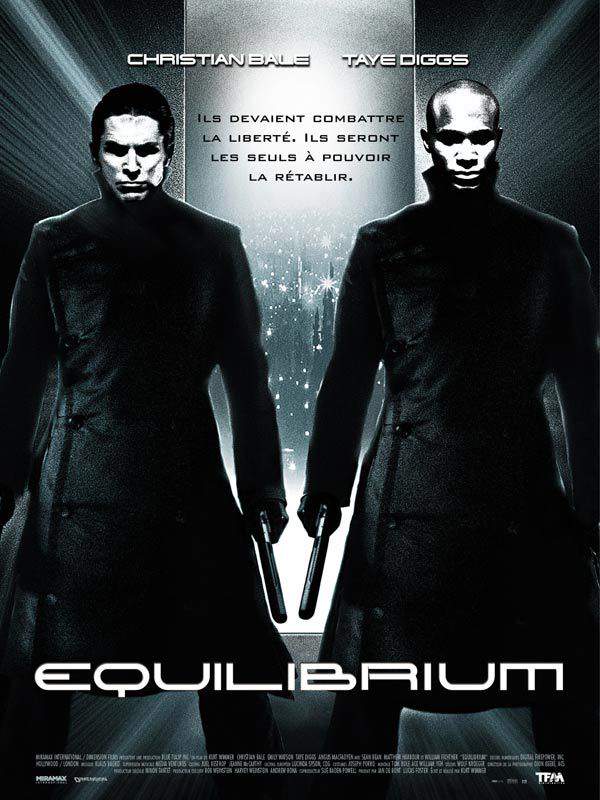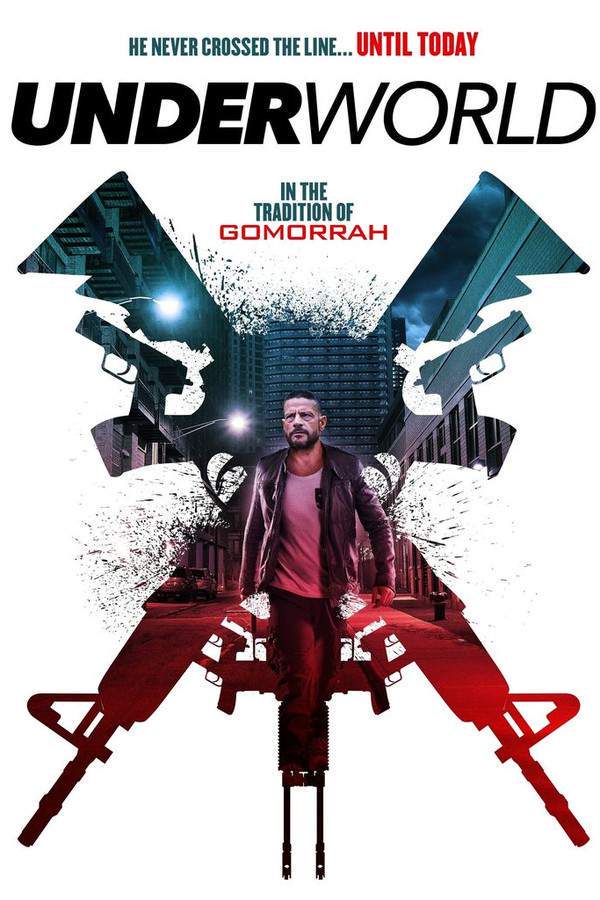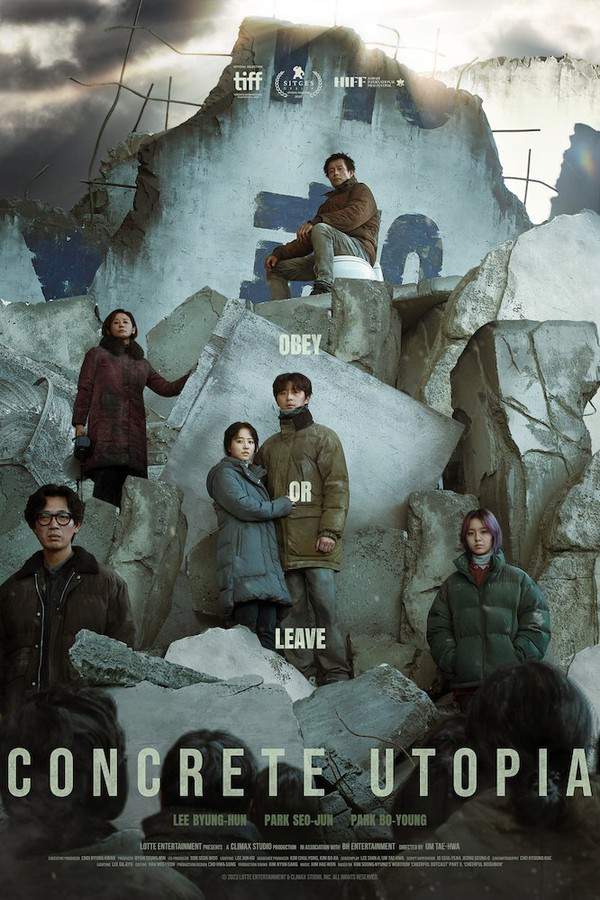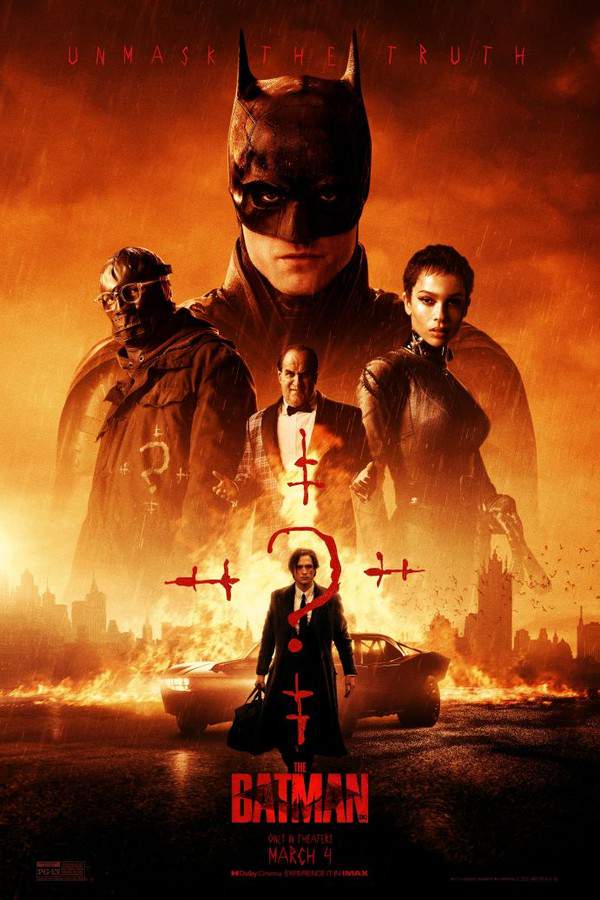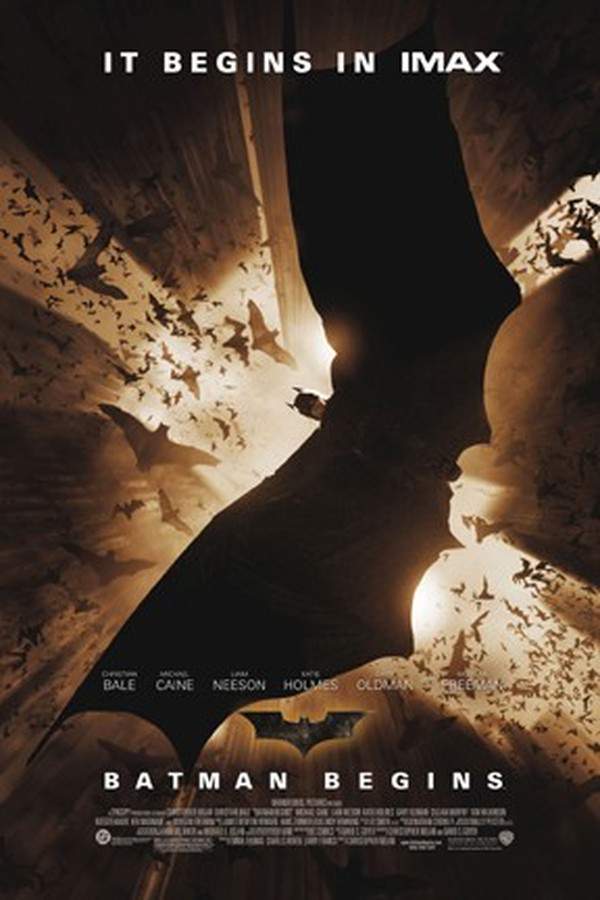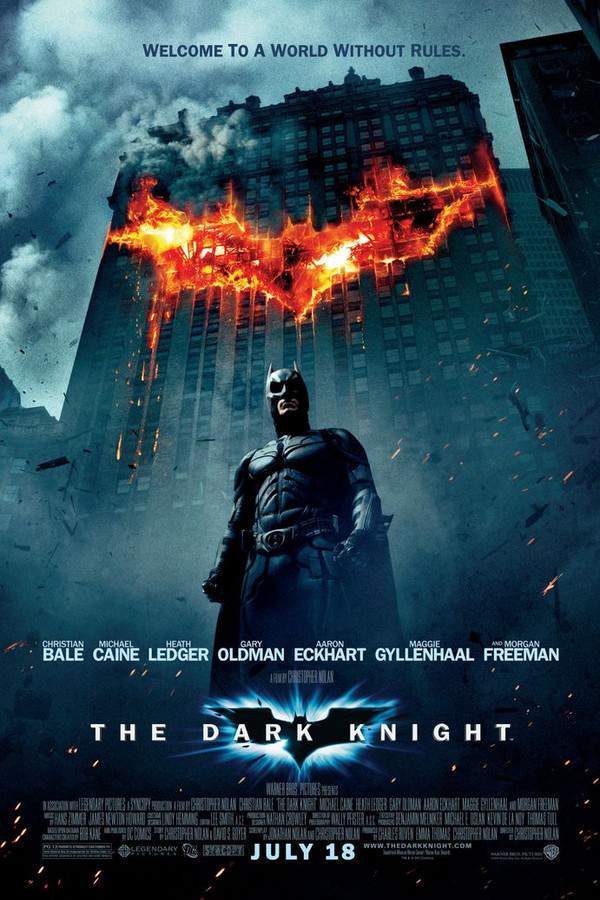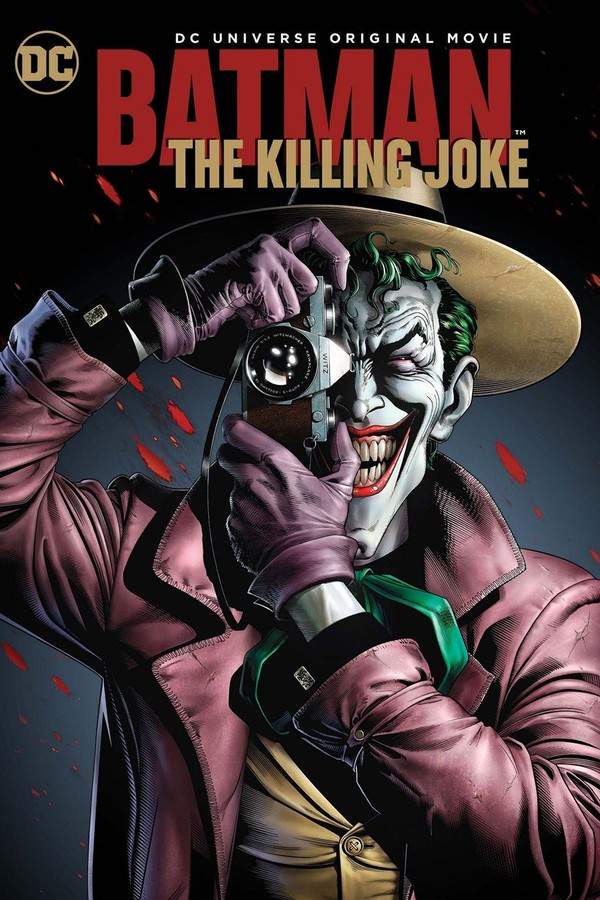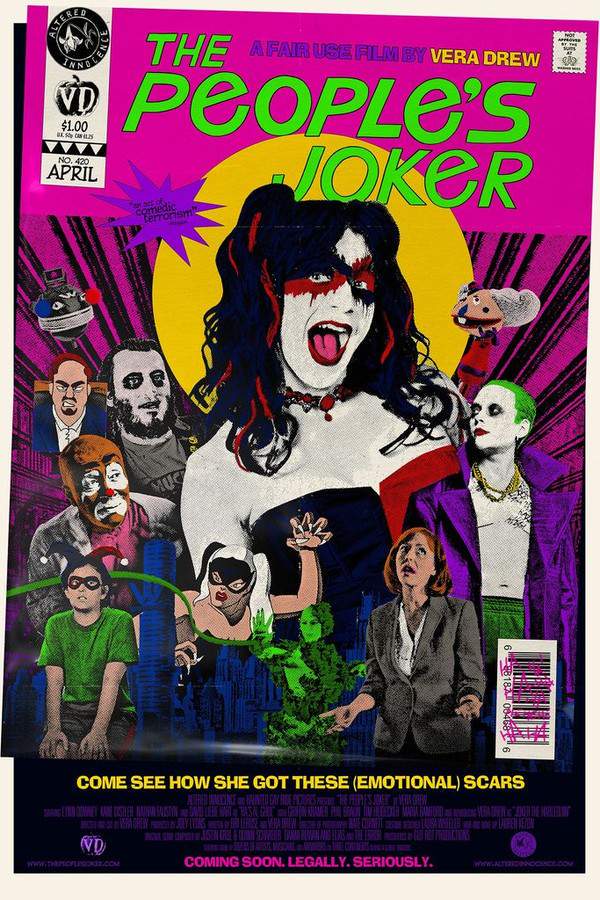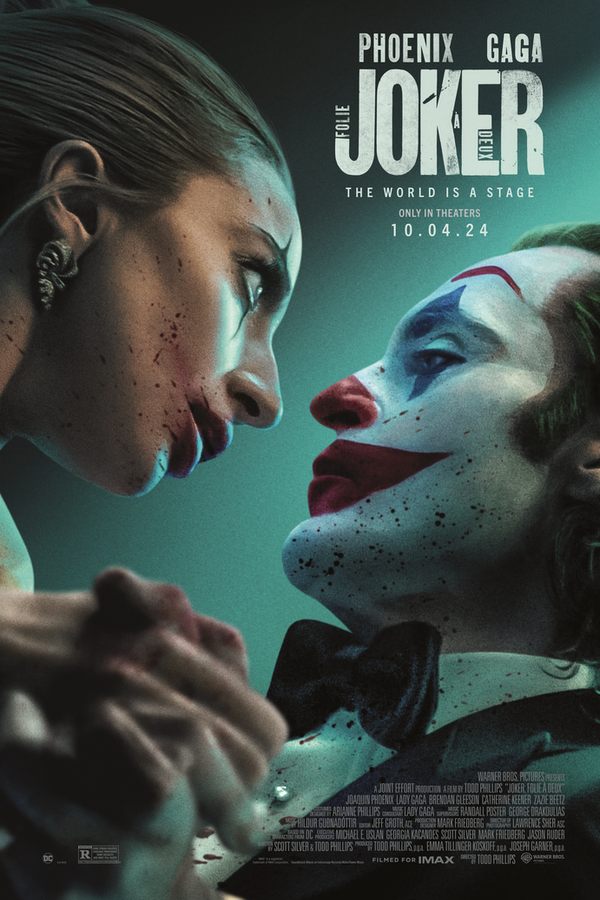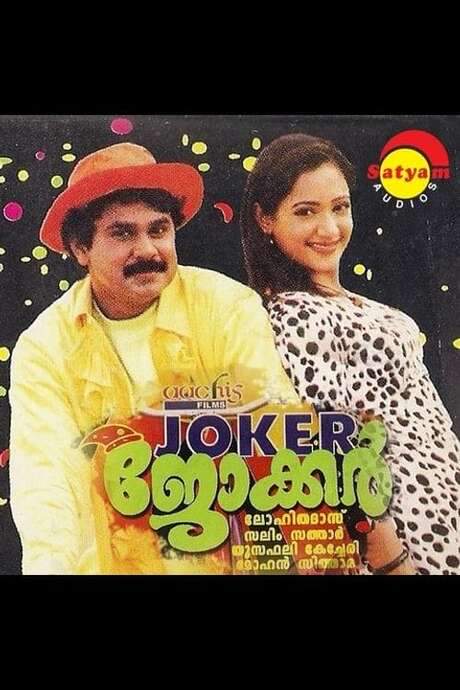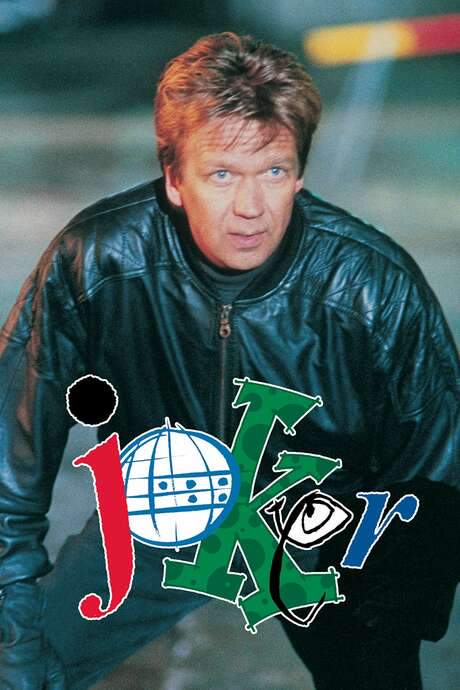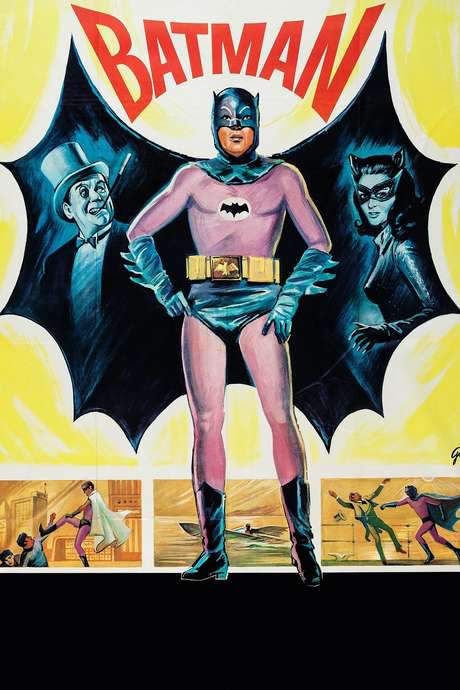
Joker
In a decaying Gotham City, Arthur Fleck, portrayed by Joaquin Phoenix, struggles with poverty and isolation while aspiring to be a successful comedian. Working as a party clown to make ends meet, he dreams of bringing laughter to others but finds himself facing constant rejection and despair. A series of tragic events and a pivotal decision trigger a downward spiral, ultimately leading to a shocking transformation and unleashing chaos upon the city.
Warning: spoilers below!
Haven’t seen Joker yet? This summary contains major spoilers. Bookmark the page, watch the movie, and come back for the full breakdown. If you're ready, scroll on and relive the story!
Joker (2019) – Full Plot Summary & Ending Explained
Read the complete plot breakdown of Joker (2019), including all key story events, major twists, and the ending explained in detail. Discover what really happened—and what it all means.
The story unfolds in Gotham City during the tumultuous year of 1981. The central character, Arthur Fleck, portrayed by Joaquin Phoenix, works as a clown-for-hire at a company known as Ha-Ha’s. Despite his job, Arthur grapples with profound depression, which he attempts to alleviate by performing and making others laugh. His daily life takes a tragic turn when he is tasked with promoting a store by dancing and waving a sign, only to have it snatched by a group of punk teens. In his futile attempt to retrieve it, he finds himself violently assaulted in an alleyway.
Amidst a backdrop of rampant crime, unemployment, and poverty in Gotham, Arthur relies on a social worker for his medication, reflecting a society deeply troubled. A seemingly innocent moment on a bus, where he tries to entertain a child, ends in embarrassment when the child’s mother rebuffs him, highlighting his struggle for connection. His laughter, seen as inappropriate, is a symptom of his mental illness, a fact he tries to explain with a card.
Arthur returns to his dilapidated apartment, sharing space with his sickly mother, Penny, played by Frances Conroy. Evenings are spent watching Murray Franklin, the charming talk show host, played by Robert De Niro. During these moments, Arthur daydreams of captivating the audience, earning Murray’s affection, and embracing his mother in front of everyone.
His co-worker, Randall, gifts Arthur a gun for protection after a recent mugging scare. Although apprehensive, he begins to feel empowered by this newfound tool, which stands in stark contrast to his boss’s unyielding reprimands. Meanwhile, Arthur finds himself drawn to his neighbor, Sophie Dumond, played by Zazie Beetz, who despite his awkwardness, seems to understand him on a personal level. Their budding relationship, fraught with Arthur’s insecurities, leads him to invite her to his stand-up comedy performance.
As Arthur navigates the comedy scene, he feels increasingly out of place, overwhelmed by his condition that compels him to laugh excessively, making authentic comedy almost impossible. His attempts to cheer up sick children at a hospital take a dark turn when his gun accidentally slips from his pocket, resulting in severe consequences from his boss. The tipping point arrives when Arthur is attacked on a subway by three Wall Street men. Overcome by instinct, he defends himself, resulting in their brutal deaths, marking the pivotal change in his psyche.
In the aftermath, a strange sense of liberation washes over him as he dances in the restroom, embracing his identity as a clown – both literally and metaphorically. As the murders garner mixed reactions from the public, Arthur unwittingly becomes a symbol for the downtrodden, deepening his transformation into a character known as the Joker.
His quest for understanding leads him to discover troubling truths about his past, including his ties to Thomas Wayne, played by Brett Cullen, which Arthur learns may reveal his true lineage. Confronting Thomas leads to deeper feelings of betrayal and humiliation, ultimately culminating in tragedy. Arthur grapples with the realization of his mother’s abusive history, a revelation that forces him to take drastic action against her.
Following multiple events of violence, Arthur prepares for his appearance on Murray’s show, painting his face to symbolize his complete transformation. Faced with an increasingly hostile environment and reeling from a series of personal losses, Arthur’s moment on stage turns into an explosive confession, culminating in an unforeseen act of violence that shocks the audience and sends the city into chaos.
With Gotham descending into anarchy, Arthur finds exhilaration within the turmoil he has sowed, solidifying his position as a figurehead for rebellion. As his journey concludes, Arthur sits in an Arkham Asylum office, sharing a dark laugh with a new social worker, hinting at the cyclical nature of his existence. He leaves behind a trail of bloody footprints, a stark reminder of the chaos that surrounds him. The film captures a harrowing tale of a man pushed to the edge, exploring the fine line between madness and comedy.
Last Updated: November 16, 2024 at 16:43
Ending Explained – What Happens at the End of Joker?
Still wondering what the ending of Joker (2019) really means? Here’s a spoiler-heavy breakdown of the final scene, major twists, and the deeper themes that shape the film’s conclusion.
At the climax of the film, Arthur Fleck, fully embracing his transformation into the Joker, arrives at Murray Franklin’s show dressed in full clown makeup. Throughout the film, Arthur’s descent into madness has been fueled by a lifetime of social alienation, mental illness, and the corrupt, indifferent city around him. When he takes the stage, he begins by performing morbid jokes and confesses to the subway murders—acts motivated by his anger at societal neglect and the rich elite who feed off Gotham’s suffering. His breakdown intensifies as he blames Murray for mocking him and reflects his feelings of being misunderstood and discarded by society. In a violent outburst, Arthur shoots Murray on live television, turning the show into a scene of chaos and slaughter. This act sparks a riot across Gotham, as the city erupts into an outright rebellion; mobs loot, burn, and kill, embodying the chaos that Arthur’s actions have incited. During this chaos, the young Bruce Wayne witnesses the murder of his parents, Thomas and Martha, in Crime Alley, an event that establishes the origin story of Batman. Arthur is eventually captured but is seemingly unbothered as he relishes in the chaos he’s caused, dancing freely in the streets with a bloody smile painted on his face, symbolizing his complete embrace of his identity as the Joker. The film ends with Arthur in a psychiatric facility, laughing uncontrollably when questioned by a psychiatrist, indicating that his sense of madness and violence remains unchecked. His joy in the destruction and his refusal to share the reasons for his laughter suggest that he has found a twisted sense of liberation in his nihilistic worldview, leaving his future actions and the chaos he’s unleashed open to interpretation.
Last Updated: June 25, 2025 at 08:44
Explore Movie Threads
Discover curated groups of movies connected by mood, themes, and story style. Browse collections built around emotion, atmosphere, and narrative focus to easily find films that match what you feel like watching right now.
Descent into Villainy Movies like Joker
Psychological portraits exploring the tragic circumstances that create a monster.If you were fascinated by the tragic origin story in Joker, explore more movies about the creation of a villain. These films are intense character studies that examine societal decay, personal trauma, and the psychological breaking point that leads to a dark rebirth.
Narrative Summary
The narrative follows a linear or cause-and-effect structure where the protagonist, often suffering from mental illness or extreme social alienation, endures a series of humiliations and tragedies. These events systematically break down their humanity, leading to a pivotal moment where they embrace a new, violent identity, resulting in a bleak or chaotic conclusion.
Why These Movies?
Movies are grouped here for their shared focus on the 'villain's' perspective, heavy emotional weight from themes of neglect and madness, and a consistently dark tone that makes the descent feel both inevitable and disturbing.
Movies about Urban Decay like Joker
Stories set in decaying metropolises where social tension boils over into chaos.For viewers who appreciated the gritty backdrop of Gotham City in Joker, this collection highlights movies where a decaying urban environment is central to the story. These films share a tense, anxious mood and explore themes of class struggle and social collapse in a dystopian cityscape.
Narrative Summary
The narrative unfolds within a visually and socially crumbling urban landscape. The city's decay mirrors the protagonist's internal state and fuels a broader narrative of class resentment. Personal rebellion often ignites a spark that leads to widespread societal chaos, intertwining the individual's fate with the city's collapse.
Why These Movies?
These movies are connected by their quintessential 'crumbling city' aesthetic, the use of the setting to create an oppressive mood, and the thematic exploration of how social neglect and inequality lead to inevitable violence and anarchy.
Unlock the Full Story of Joker
Don't stop at just watching — explore Joker in full detail. From the complete plot summary and scene-by-scene timeline to character breakdowns, thematic analysis, and a deep dive into the ending — every page helps you truly understand what Joker is all about. Plus, discover what's next after the movie.
Joker Timeline
Track the full timeline of Joker with every major event arranged chronologically. Perfect for decoding non-linear storytelling, flashbacks, or parallel narratives with a clear scene-by-scene breakdown.

Characters, Settings & Themes in Joker
Discover the characters, locations, and core themes that shape Joker. Get insights into symbolic elements, setting significance, and deeper narrative meaning — ideal for thematic analysis and movie breakdowns.

Joker Ending Explained
What really happened at the end of Joker? This detailed ending explained page breaks down final scenes, hidden clues, and alternate interpretations with expert analysis and viewer theories.

Joker Spoiler-Free Summary
Get a quick, spoiler-free overview of Joker that covers the main plot points and key details without revealing any major twists or spoilers. Perfect for those who want to know what to expect before diving in.

More About Joker
Visit What's After the Movie to explore more about Joker: box office results, cast and crew info, production details, post-credit scenes, and external links — all in one place for movie fans and researchers.

Similar Movies to Joker
Discover movies like Joker that share similar genres, themes, and storytelling elements. Whether you’re drawn to the atmosphere, character arcs, or plot structure, these curated recommendations will help you explore more films you’ll love.
Explore More About Movie Joker
Joker (2019) Scene-by-Scene Movie Timeline
Joker (2019) Movie Characters, Themes & Settings
Joker (2019) Ending Explained & Theories
Joker (2019) Spoiler-Free Summary & Key Flow
Movies Like Joker – Similar Titles You’ll Enjoy
The Batman (2022) Full Summary & Key Details
Batman Begins (2005) Film Overview & Timeline
The Dark Knight (2008) Spoiler-Packed Plot Recap
Batman: The Killing Joke (2016) Story Summary & Characters
Clown (2016) Detailed Story Recap
Batman (1989) Story Summary & Characters
The People's Joker (2024) Full Summary & Key Details
Joker: Folie à Deux (2024) Ending Explained & Film Insights
Batman Beyond: Return of the Joker (2000) Plot Summary & Ending Explained
Joker (2000) Complete Plot Breakdown
Joker (1991) Movie Recap & Themes
The Jokers (1967) Ending Explained & Film Insights
Batman (1966) Movie Recap & Themes
The Joker is Wild (1957) Film Overview & Timeline
JOKER: Marginal City (1992) Story Summary & Characters

